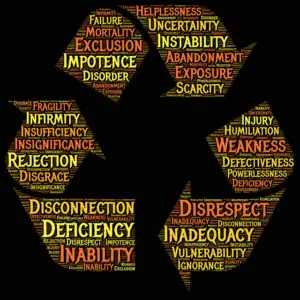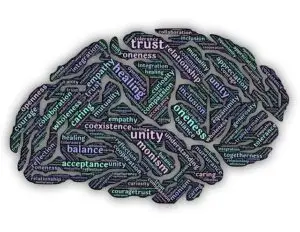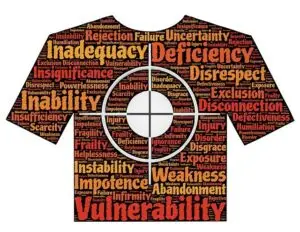Latest Blog Posts

Symptoms of Trauma
Trauma survivors have symptoms of the trauma in their behaviours and thoughts, these are not their personality or character but are echoes of trauma. Complex Post Traumatic Stress Disorder is mostly seen in those whose trauma occurred in childhood. When children

CBT
CBT is Cognitive Behavioural Therapy. CBT theory suggests that our thoughts, emotions, body sensations, and behaviour are all connected, and that what we think and do affects the way we feel. It deals with identifying a client’s negative belief systems and

Narcissism and Archetypes
One of the interesting things about those with narcissistic personality disorder is that many of their behaviours are so similar and universal. This could be explained by the concept of archetypes. An archetype can be defined as “forms or images of

Triggers and Triggering
A child who has lived in a situation of stress and abuse for a prolonged time will usually develop Complex Post Traumatic Stress Disorder. This is an elaborate system of defence mechanisms which are triggered by events in the environment which

Healthy and Unhealthy Boundaries
What are Boundaries? A boundary can be defined as a barrier which separates two things. Healthy psychological boundaries between people mean that there is respect for others and the self and the beliefs, ideas, opinions, likes, dislikes and wants and needs

Understanding Anger
“The average adult experiences anger about once a day and becomes annoyed or peeved about three times a day.” What is Anger? Anger is one of our natural inbuilt ‘mammalian’ defences which is designed to keep us safe from danger. Anger

Anxiety
Anxiety is a feeling of unease, worry or fear, that can be mild or severe. Some people find it hard to control their worries and this can often affect their daily lives. Having issues with anxiety for more than six months

The International Trauma Questionnaire
The International Trauma Questionnaire focuses on defining whether a person has Post Traumatic Stress Disorder which consists of: Re-experiencing in the here and now Avoidance Sense of current threat or Complex Post Traumatic Stress Disorder which also includes: Affective dysregulation Negative

Structural Dissociation
The Structural Dissociation Model Dissociation is on a spectrum ranging from daydreaming to DID – Dissociative Identity Disorder (formerly Multiple Personality Disorder). Normal dissociation means to go onto automatic pilot when doing an activity (for example, when driving a car and


